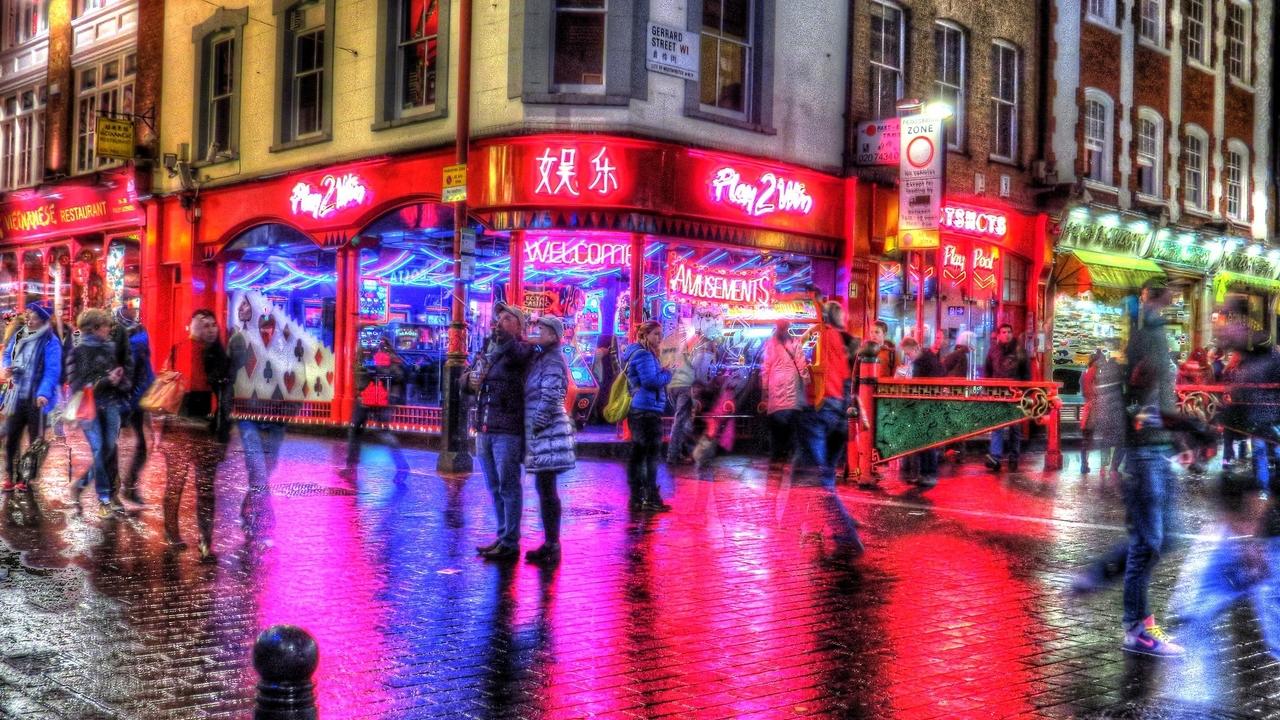The Rise in Anti-Chinese Hate Crime

Anti-Chinese hate crime has been on the rise this year. Here, we explain what has happened and introduce our project Tackling Hate Crime.
One of the less well-noticed consequences of the pandemic has been the rise of anti-Chinese hate crimes.
In May it was reported that there had been 267 recorded hate crimes against people from Chinese backgrounds between January and March of this year.
Police estimates suggested a trebling of the number of such crimes when compared to the previous year.
Often this has come with increases in hatred toward East Asian and South-East Asian communities more widely.
Between February and April estimates suggest a 300% in racist hashtags being used on social media against China and people from Chinese backgrounds.
The same study found an estimated 200,000 posts on Twitter which included anti-Chinese hate or conspiracy theories about Chinese people.
This suggests an extremely worrying trend of anti-Chinese hate.
What is anti-Chinese racism?
While it might seem self-evident, it is worth focussing on what anti-Chinese racism is and what it tends to look like.
Anti-Chinese racism, sometimes referred to as Sinophobia, refers to contempt for or fear of Chinese people or people from Chinese people backgrounds.
It can often blend into fear or hatred of people from other East Asian countries, as well as South-East Asian countries.
A 2009 report from Leeds Trinity University, noted that 1 in 6 people from Chinese backgrounds had experienced anti-Chinese racism and that racial harassment was relatively common.
Historical examples of anti-Chinese racism include the idea of the ‘Yellow Peril’, a racist term used in a number of countries to suggest Chinese people were a threat to the Western world.
Worryingly this term has not gone away, with the term being invoked by a French newspaper in a front-page headline about Coronavirus.
More recently this form of racism has often involved conspiracy theories about the origins of Coronavirus or blaming people from Chinese backgrounds as a whole for the pandemic.
Prejudice and Wellbeing
It is clear to us that anti-Chinese racism can contribute to a climate of extra worry and fear. This is particularly worrying in a time where many people are faced with anxieties about health, isolation and their finances.
The intersection of this problem with issues in accessing mental healthcare for those from Chinese and other East Asian backgrounds is a real cause for concern.
The International Convention on the Elimination of All Forms of Racial Discrimination, a UN committee responsible for tackling hate, has highlighted the rise of anti-Chinese racism. The convention has called for National Action Plans to be adopted to tackle the rise in anti-Chinese hatred.
The organisation Human Rights Watch have argued such plans should include better policing of hate crime, better public messaging from governments and education to promote tolerance.
As part of our efforts, we have developed a project called Tackling Hate Crime. The project will raise awareness and work to tackle this worrying trend of rising hate crime.
By promoting awareness of the work being done by organisations and the government to tackle hate crime, the project will better equip victims to find effective help.
Our first webinar on anti-Chinese hate crime will take place this week.
Photo credit: Flickr/David Skinner.
